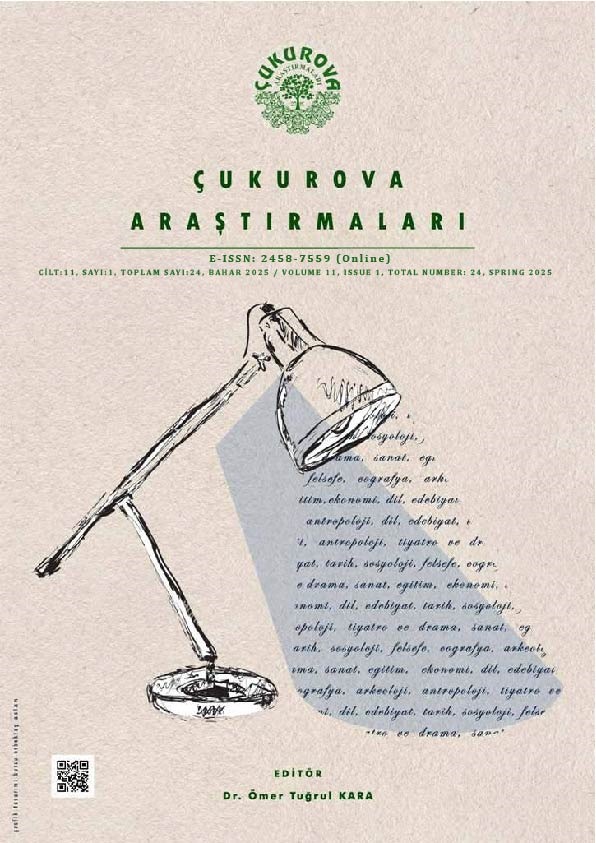NATIONALIZATION EFFORTS IN THE FIELD OF PHARMACY IN THE FIRST DECADE OF THE REPUBLIC IN TÜRKİYE (1923-1933)
Author :
Abstract
Keywords
Abstract
The first pharmacies in the Ottoman Empire were opened by foreigners in the 18th century, and after a short period of time, they were joined by minority groups. The establishment of pharmacies by Turkish proprietors commenced in the 1880s. Contemporaneous with the first pharmacies being established, ready-made medicines were being imported from abroad. This study examines the efforts of the government and related professionals in the first decade of the Republic to ensure that pharmacists operating in Türkiye were Turkish and that Turkish products were manufactured as alternatives to imported pharmaceutical products. Legislation enacted in 1927 made Turkish citizenship a prerequisite for opening a pharmacy in Türkiye. As a consequence of the legal regulations and other measures taken, the proportion of domestically produced pharmaceutical products increased from 5% in the early years of the Republic to 40% by the Republic's tenth year. This success resulted from the hard work of the period's administrators, especially Gazi Mustafa Kemal (Atatürk), and members of the profession. The study utilized archival documents, periodicals, and works in the literature. Additionally, this research constitutes a qualitative study employing the document analysis methodology.





